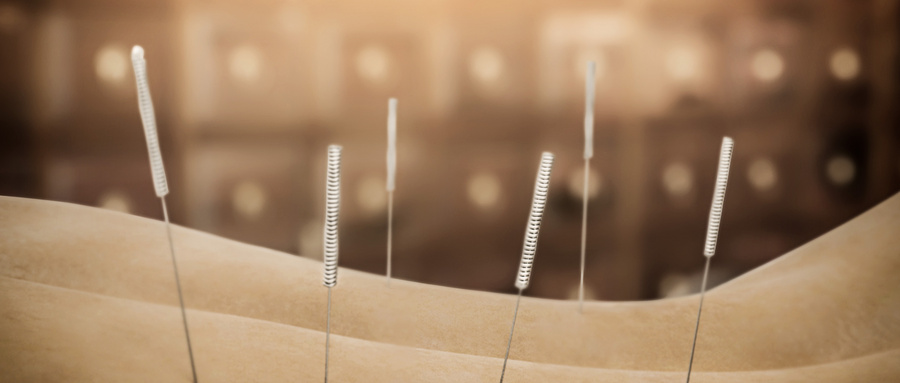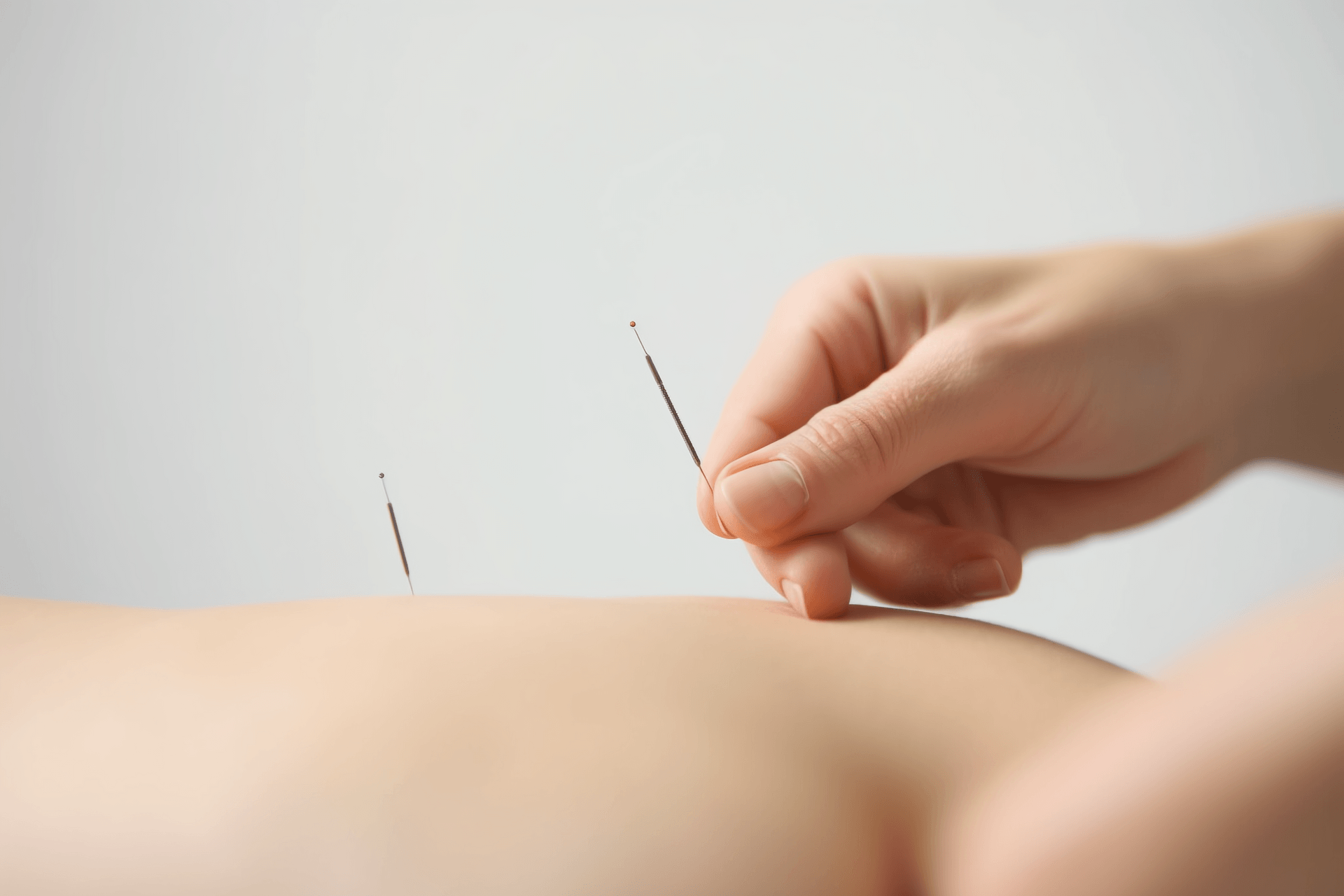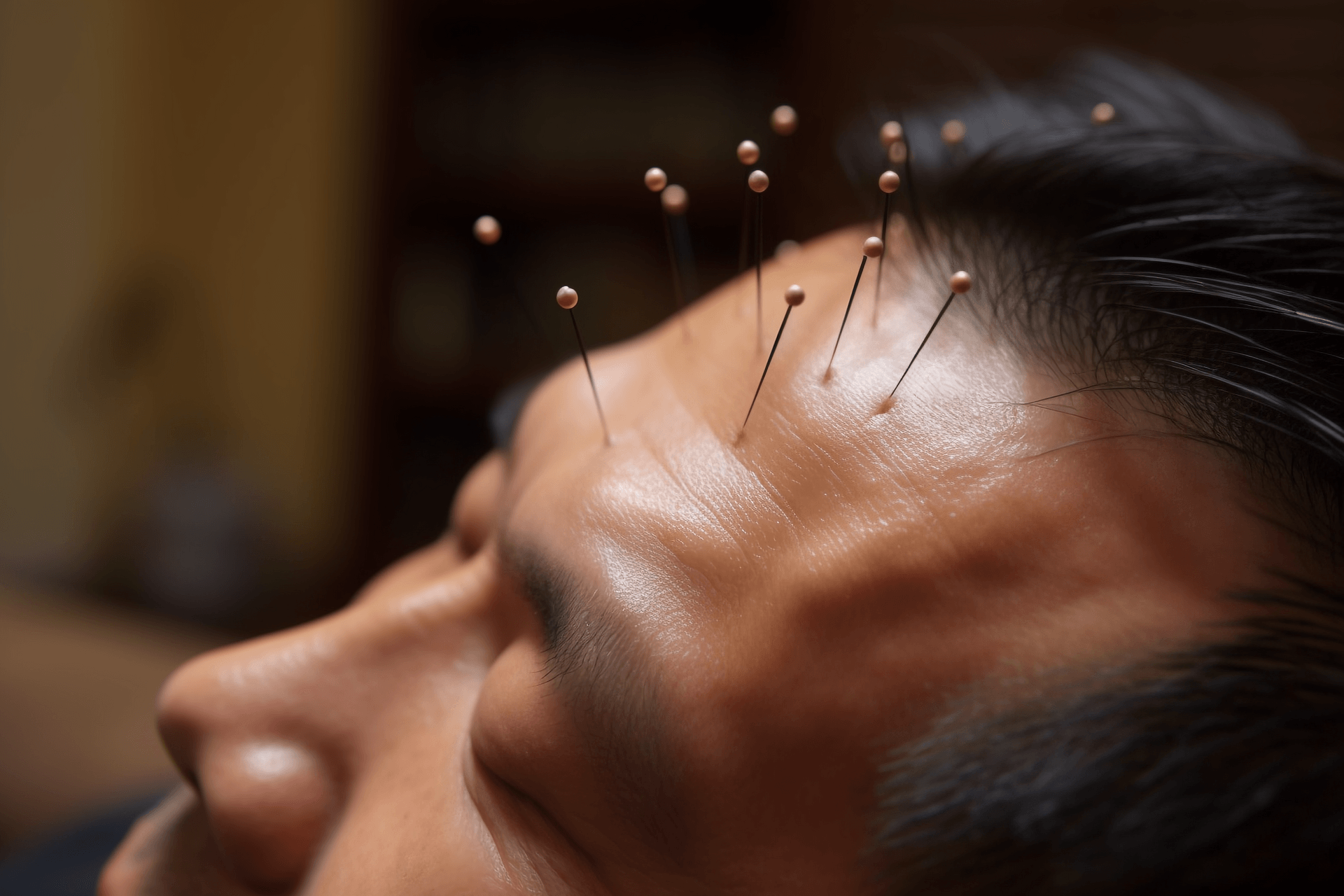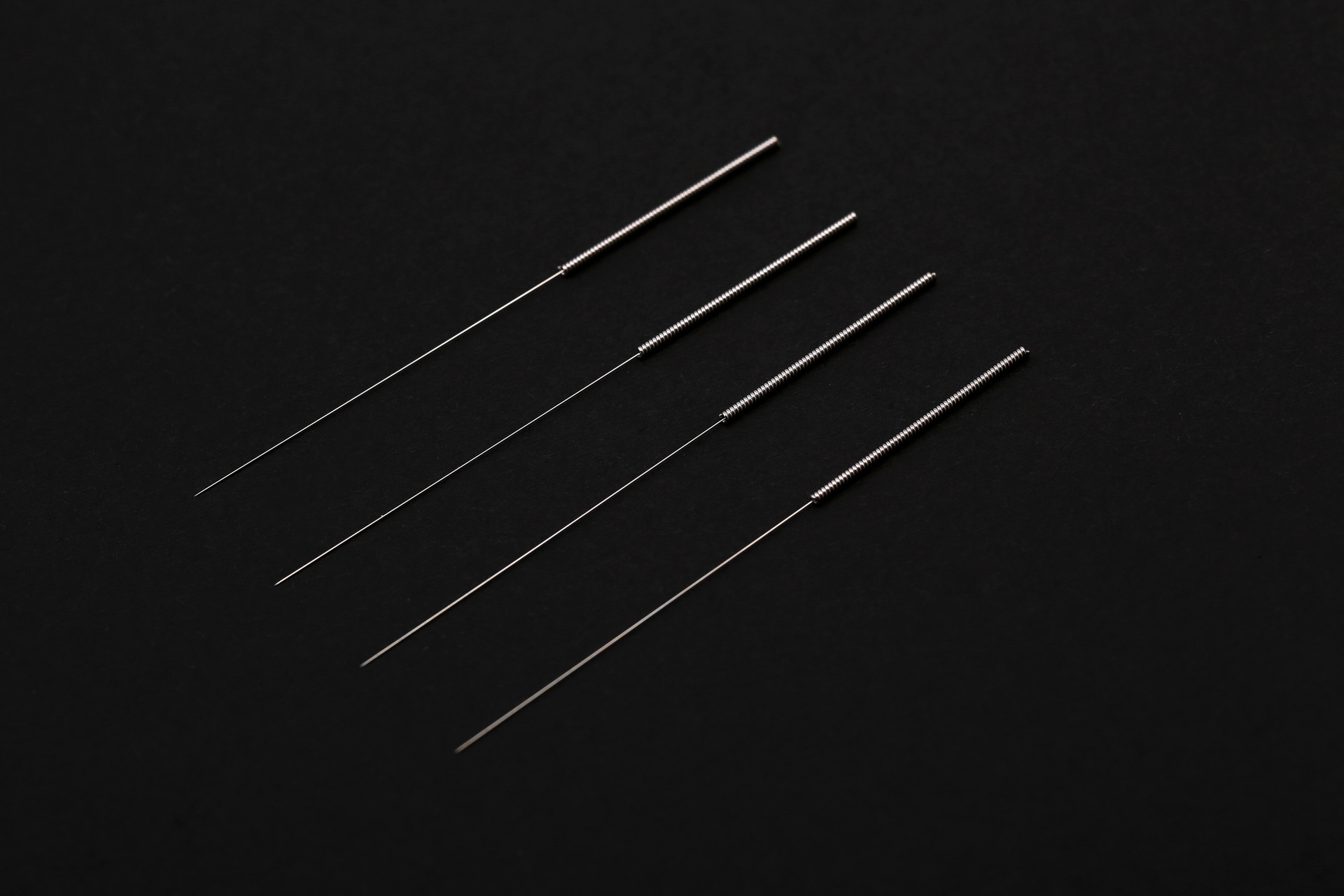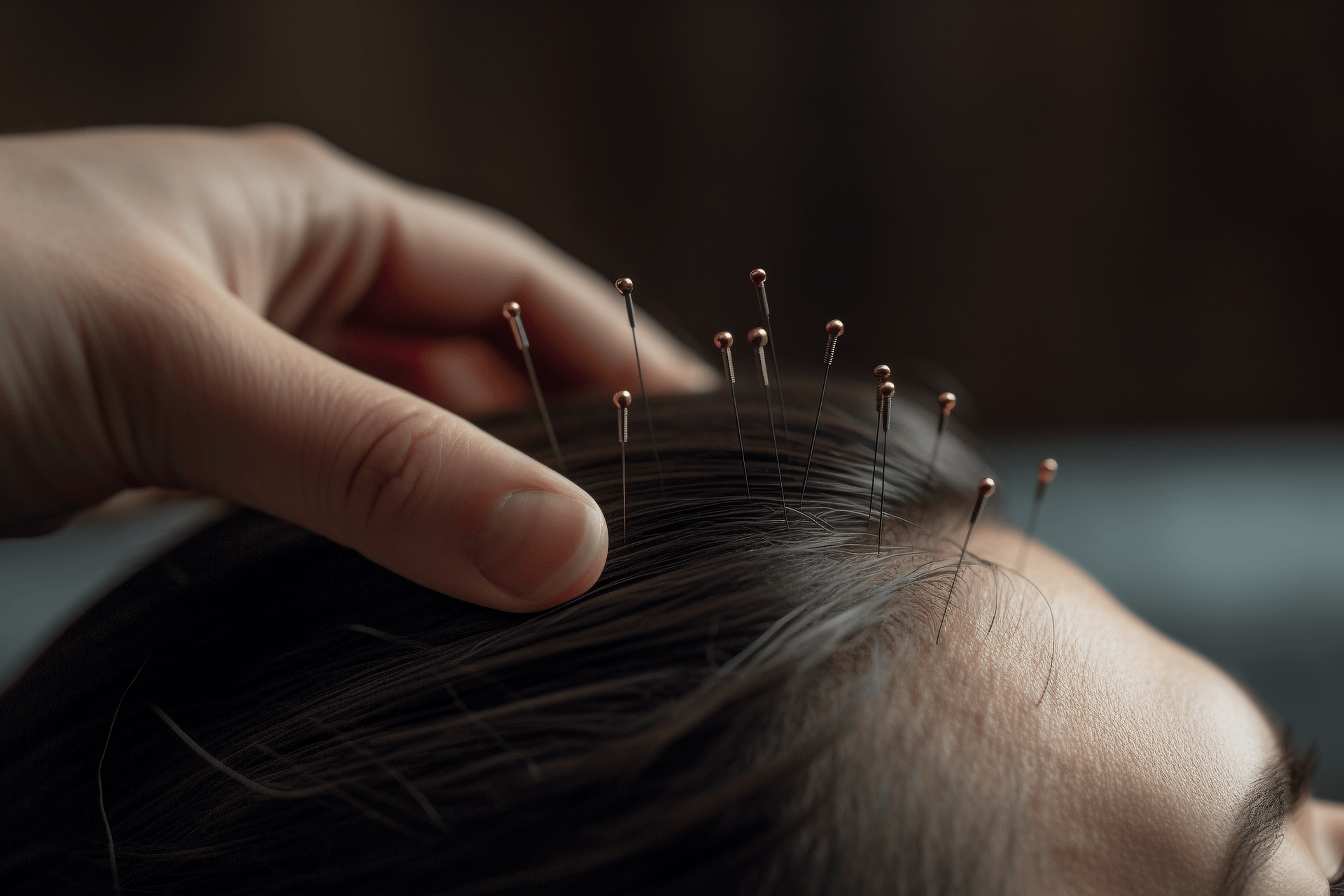Constipation is not a minor problem, it has a great impact on the body. To treat constipation and avoid unnecessary detours, traditional Chinese acupuncture can be used. Let's take a look together with the editor!
[The Harm of Constipation to the Body]
1. Disorder of gastrointestinal nerve function
During constipation, stool retention and absorption of harmful substances can cause disorders in the gastrointestinal nerve function, leading to loss of appetite, abdominal bloating, belching, bitter taste, and excessive flatulence.
2. Formation of fecal ulcers
Hard fecal masses compress the intestinal cavity, narrowing the intestine and the structures around the pelvic cavity, obstructing the expansion of the colon. This can lead to the formation of fecal ulcers in the rectum or colon, and in severe cases, it can cause intestinal perforation.
3. Colon cancer
It is possible that constipation prevents the elimination of carcinogens from the intestines over a long period of time. According to data, about 10% of individuals with severe constipation develop colon cancer.
4. Development of anorectal diseases
During constipation, difficulty in defecation and dry stool can directly cause or aggravate anorectal diseases, such as rectal inflammation, anal fissures, and hemorrhoids.
5. Impaired brain function
During constipation, metabolic waste lingers in the digestive tract, and bacteria produce a large amount of harmful substances such as methane, phenol, and ammonia. Some of these substances diffuse into the central nervous system, interfering with brain function. Common manifestations include decreased memory, lack of concentration, and slow thinking.
[Treatment of Constipation with Traditional Chinese Acupuncture]
First, acupuncture can be used to stimulate the acupoints such as Tian Shu, Da Chang Shu, and Zhi Gou. Additionally, treatment acupoints can be added according to the cause of constipation, along with appropriate acupuncture methods.
For patients with constipation due to excess, purgative acupuncture can be used. For patients with constipation due to deficiency, tonifying acupuncture can be used. For patients with cold-type constipation, additional moxibustion can be applied to the Shen Que and Qi Hai acupoints. For patients with heat-type constipation, the Hegu and Qu Chi acupoints can be stimulated with acupuncture. For patients with qi stagnation type constipation, the Zhong Wan and Xing Jian acupoints can be stimulated. For patients with qi and blood deficiency constipation, the Pishu and Stomach Yu acupoints can be stimulated at the same time.
The first group of acupoints that can be selected for treatment include Pishu, Yangguan, Zusanli, Sanyinjiao, and Zhongliao. The specific acupuncture method that can be used is to take 2 needles each time and use puncturing method. The second group of acupoints that need to be selected include Zusanli, Zhi Gou, Yang Ling Quan, and Da Heng Xue. Acupuncture should be performed once a day, using the method of lifting and thrusting the needle, and the needle should be left in the acupoint for 15 minutes with a moderate stimulation technique.
If auricular acupuncture is used, the acupoints that can be selected include the lower rectum, large intestine, liver, and heart. When performing acupuncture, Wang Bu Lao Xing seeds should be used to apply pressure to the acupoints, and the seeds should be changed once a week.
[Massage Method for Treating Constipation with Zhi Gou Acupoint]
Massage Method 1:
Use the thumb of one hand to press the Zhi Gou acupoint on the other hand, with the other four fingers placed on the opposite side of the acupoint. Press the thumb vertically and downward with force, then flex and extend the wrist joint of the hand being pressed.
Allow the stimulation to fully reach the deep layers of the muscle tissue, producing sensations such as sourness, numbness, distension, pain, heat, and radiation. After 20-30 seconds, gradually relax and then gently knead the local area.
Repeat this operation. Alternate between left and right, pressing each acupoint for 5-10 minutes each time.
Massage Method 2:
Before attempting to defecate, use the thumbs to press and massage the Zhi Gou acupoint on both sides, gradually increasing the pressure. Massage until a sour, numb, distended, and painful sensation is felt at the pressure points. For individuals who are sensitive to the massage, after 10-15 minutes, they will feel an increase in intestinal peristalsis and the urge to defecate.
If unsuccessful, try again the next day. 10 sessions make up one course of treatment. For individuals with "hiccup" constipation, massage and deep breathing exercises can be performed simultaneously for immediate relief.


